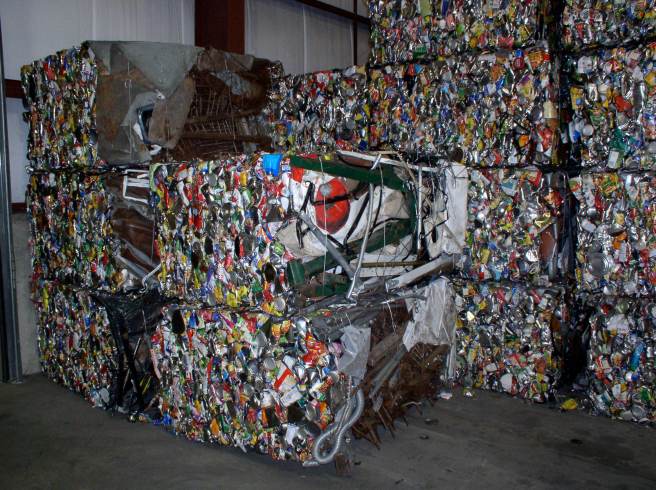I haven’t written poetry since I was a child. (Birthday doggerel doesn’t count.) And I don’t often remember my dreams. But a few weeks ago, I dreamed about my father. A few days later, I found myself thinking about the dream in what seemed like a poetic form. So I wrote it.
A few days after that, a second poem emerged. Coming amid a drought of creative energy, they felt like gifts from some inner oasis.
Where Dad Lived
At first it was the same old dream:
classes unattended, assignments unbegun.
Then, leaving the school, a footloose ramble on unfamiliar streets,
through an alley, down a green terrace,
around to the front of a house I did not know.
But I knew it was where Dad lived.
Up the steps, through the front door—
and there he lay, on the living room floor. Not dead, not dying,
neither collapsed nor fallen,
yet something was wrong.
He talked about a hospital stay, and what he learned there
about his heart.
On the phone from Florida, he used to tell me about his A fib,
the pacemaker with two leads,
the new one with three.
Lying on the floor of this dream house that I did not recognize,
Dad delivered a report from the heart
about the pain that doesn’t show up on an EKG.
Mom almost didn’t marry him
because he didn’t like poetry.
“Rita!” her friend Barbara chided. “How much time
do you spend reading poetry?”
Mom elaborated:
“He didn’t talk about his feelings.”
Now, three years after she discovered him
lifeless on the bedroom floor,
maybe Dad is beginning to teach me
the poetry that was in his heart.
Sunset
At the end of the week
that was not shiva, I drove my mother
to the funeral home.
She had chosen a canister with a sunset design.
She cradled it in her lap on the way home.
I dropped her at the door
and carried my father
across the parking lot,
by the sparkling fountain,
through the lobby,
past his memorial photo that would be
gone the next day.
“Put it in the bedroom,” Mom said,
“in the corner where I found him.”
There, atop the dresser with his socks and boxers,
I set him down.
So much heavier
than I ever could have imagined.
What is the Mary Oliver Challenge? Glad you asked! You can read about it here.










